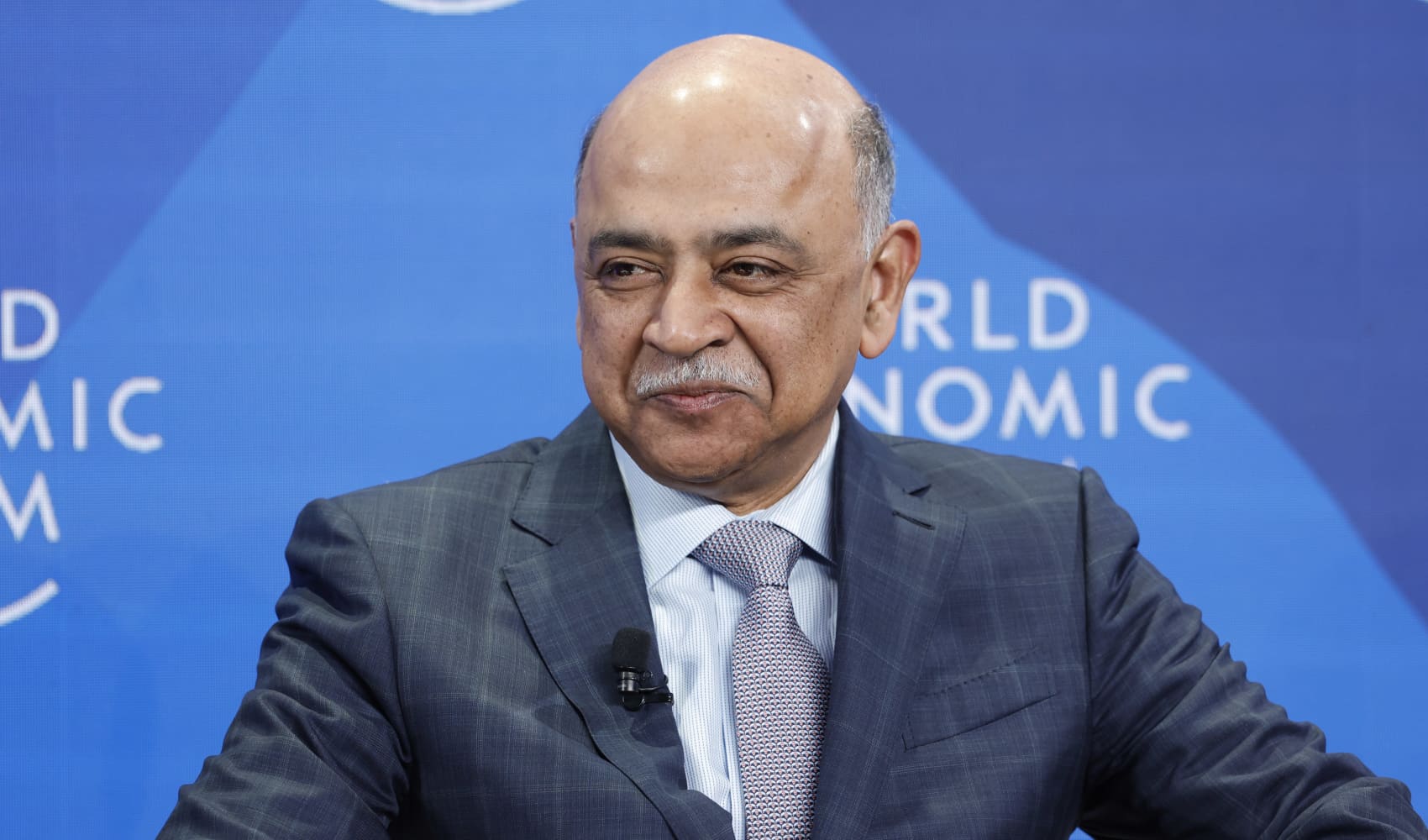
A version of this article first appeared in CNBC's Healthy Returns newsletter, which brings the latest health-care news straight to your inbox. Subscribe here to receive future editions.
Yet another study shows that blockbuster GLP-1 drugs may offer health benefits beyond diabetes and weight loss.
This time, more research is showing that they may significantly curb addictive behaviors.
Drugs such as Novo Nordisk's highly popular diabetes injection Ozempic can cut drug and alcohol abuse by around half, according to a new study published last week in the scientific journal Addiction. That suggests Ozempic and similar medications could potentially become a new treatment for opioid and alcohol use disorder.
"This study not only contributes to the evolving landscape of substance use therapy but also opens avenues for more comprehensive and effective treatment strategies for those affected by" the two disorders, the study authors wrote.
Here's why that's important.
More tools are needed to address the ongoing U.S. opioid epidemic, which was declared a public health emergency in 2017. In 2021, an estimated 2.5 million people ages 18 or above in the U.S. had opioid use disorder in the past year, but only 22% received medications to treat it, according to the National Institute on Drug Abuse. Opioids are a factor in around 72% of overdose deaths in the U.S., the National Center for Drug Abuse Statistics says.
Money Report
Meanwhile, nearly 29 million people ages 12 and above had alcohol use disorder in the past year, according to a 2023 national survey. Excessive alcohol use is the leading preventable cause of death in the U.S., as about 178,000 people die from it each year, according to the Centers for Disease Control and Prevention.
Let's dive into the new data.
Get a weekly recap of the latest San Francisco Bay Area housing news. Sign up for NBC Bay Area’s Housing Deconstructed newsletter.
Researchers from Loyola University Chicago examined the electronic health data of more than 500,000 people with a history of opioid use disorder, 8,000 of whom were taking either GLP-1s or similar treatments called GIPs, such as Eli Lilly's weight loss treatment Mounjaro. Mounjaro mimics GLP-1 and another gut hormone called GIP to tamp down appetite and regulate blood sugar, while Ozempic only targets GLP-1.
People taking GLP-1s or GIPs had a 40% lower rate of opioid overdose compared with those who didn't, the study found. Similarly, an analysis of more than 5,000 people with a history of alcohol use disorder and who took those treatments had a 50% lower rate of intoxication compared with those who didn't take them.
The results are no surprise. It's consistent with other studies showing the potential of GLP-1s and GIPs to reduce substance-seeking behaviors such as alcohol and nicotine use. Other research has also shown their promise in treating kidney failure, fatty liver disease, Alzheimer's disease and obstructive sleep apnea.
Novo Nordisk's weight loss drug Wegovy also won approval in the U.S. in March for slashing the risk of serious cardiovascular complications in adults with obesity and heart disease.
But more research is likely needed to confirm the findings of the new study. Researchers have called for more clinical trials that randomly assign patients with a substance use disorder to receive a GLP-1 or a placebo, to confirm the potential treatment benefits of drugs like Ozempic, Wegovy and Mounjaro.
We'll continue to monitor what other research in this area comes out, so stay tuned for our coverage.
Feel free to send any tips, suggestions, story ideas and data to Annika at annikakim.constantino@nbcuni.com.
Latest in health-care tech: Tech companies talk future of AI in health care
This is Ashley, reporting live from Las Vegas.
I've spent the last few days on the exhibition floor at the health-care technology conference called HLTH. Companies like Microsoft, Nvidia, Amazon, Google and more than 12,000 other industry leaders convened there this year.
This was my second time attending, and while there's a certain irony in walking through smoke-filled casinos to get to meetings about the future of health care, it's a helpful way to gauge what technologies the industry is excited about.
As I predicted in my coverage on Sunday, generative AI dominated my discussions, much like it did last year. However, the focus was less about the promise or potential of the tech, and more about practical, near-term use cases for the technology. If you're still skeptical about whether health systems are serious about AI, the answer is undoubtedly yes.
Providers want AI tools that will drive real returns for their organization, both from cost-savings and efficiency standpoints. They're not willing to wait long to start seeing results. Providers are also looking for guidance about how to effectively evaluate and implement the hundreds of solutions that have exploded onto the market. And investors are asking tougher questions about what a viable business model for a health-care AI company actually looks like.
There was a big focus on how AI could help to reduce the mountains of documentation that doctors and nurses are responsible for, which is a major cause of burnout in the industry. This has been a hot topic all year, so it wasn't a surprise to me. Microsoft, Google, GE HealthCare and Amazon all introduced new tools to address the issue, for instance.
"Primary care has always been plagued by administrative tasks. This is pervasive in health care, but it's especially acute in primary care," Dr. Andrew Diamond, chief medical officer at Amazon's primary care business One Medical, told CNBC. "AI holds tremendous promise to automate or streamline a huge amount of that work."
But while AI for administrative burnout was certainly popular, other themes also started to emerge. There was lots of talk about AI agents, for example, which can help users answer questions, automate processes and perform specific tasks. Several companies are also working on AI tools that can help identify and streamline relevant clinical trials for patients. Microsoft and GE HealthCare both announced early stage tools in these areas.
AI isn't going to change the industry overnight, but I was told over and over again that the innovation is happening fast – especially by the standards of health care, which has a reputation for being slow to adopt new tech.
These companies are trying to tackle complex problems, but there was a real sense of optimism on the floor. Providers, large tech incumbents and startups all seem to agree that AI is here to stay, and they clearly intend to use it.
Feel free to send any tips, suggestions, story ideas and data to Ashley at ashley.capoot@nbcuni.com.






